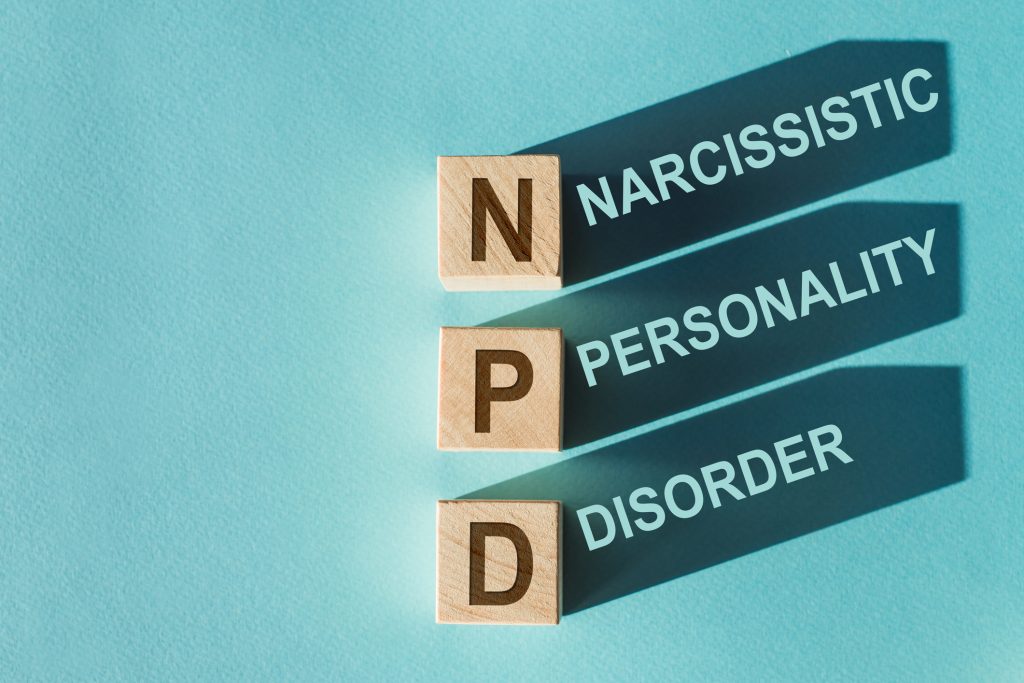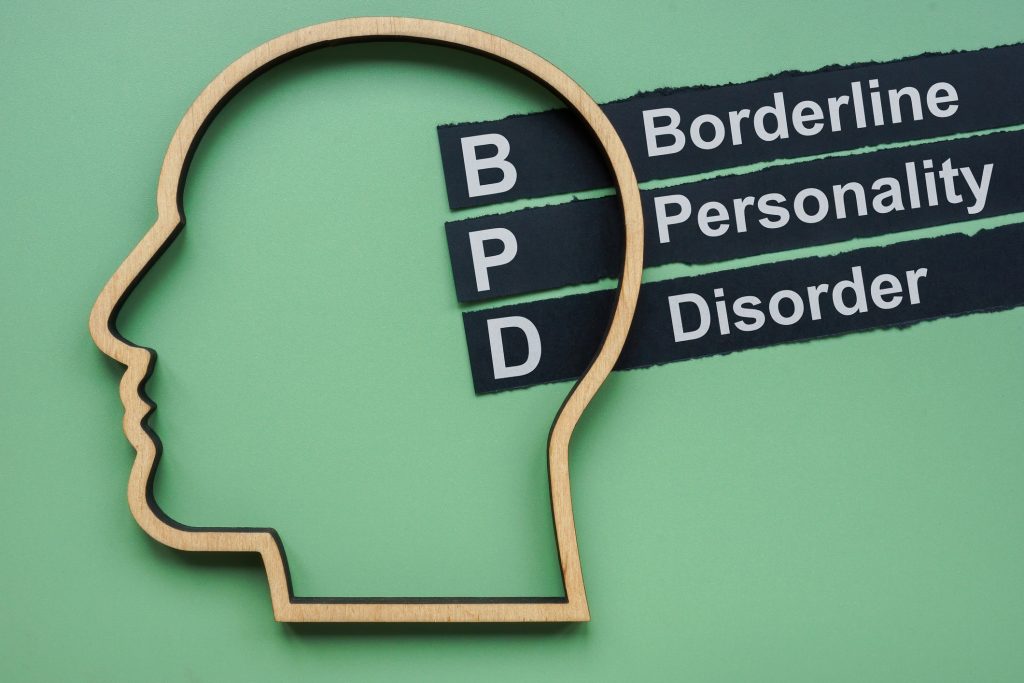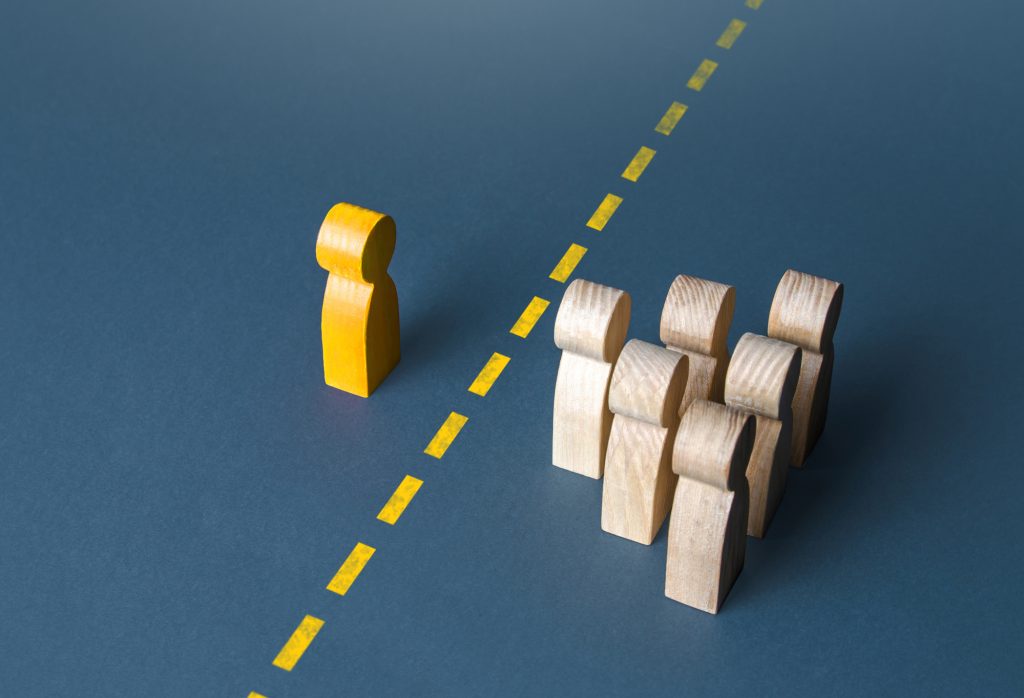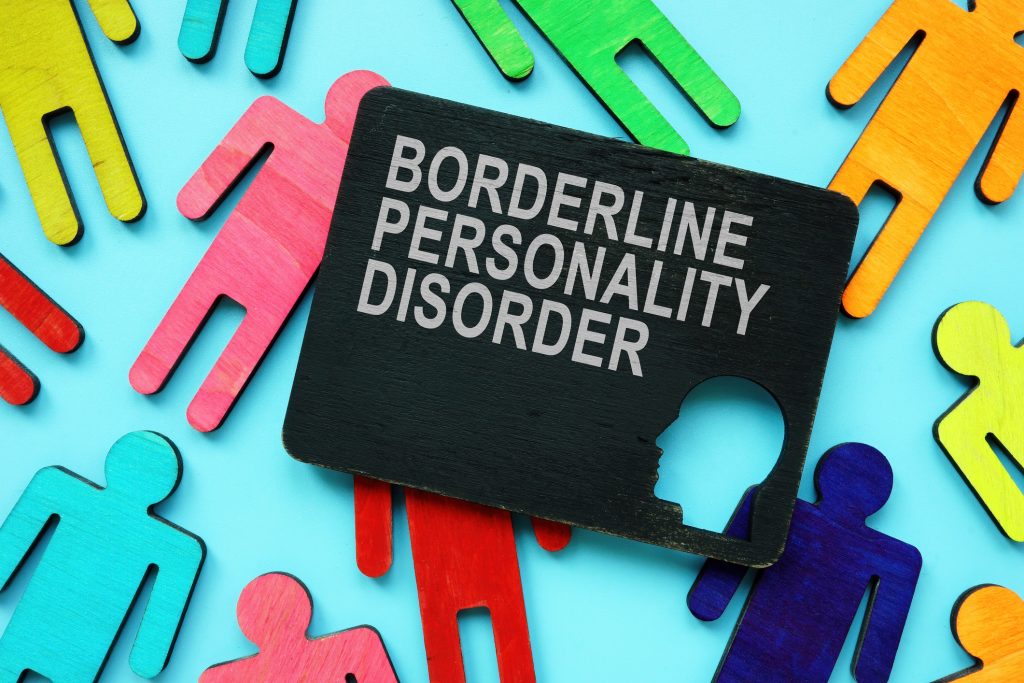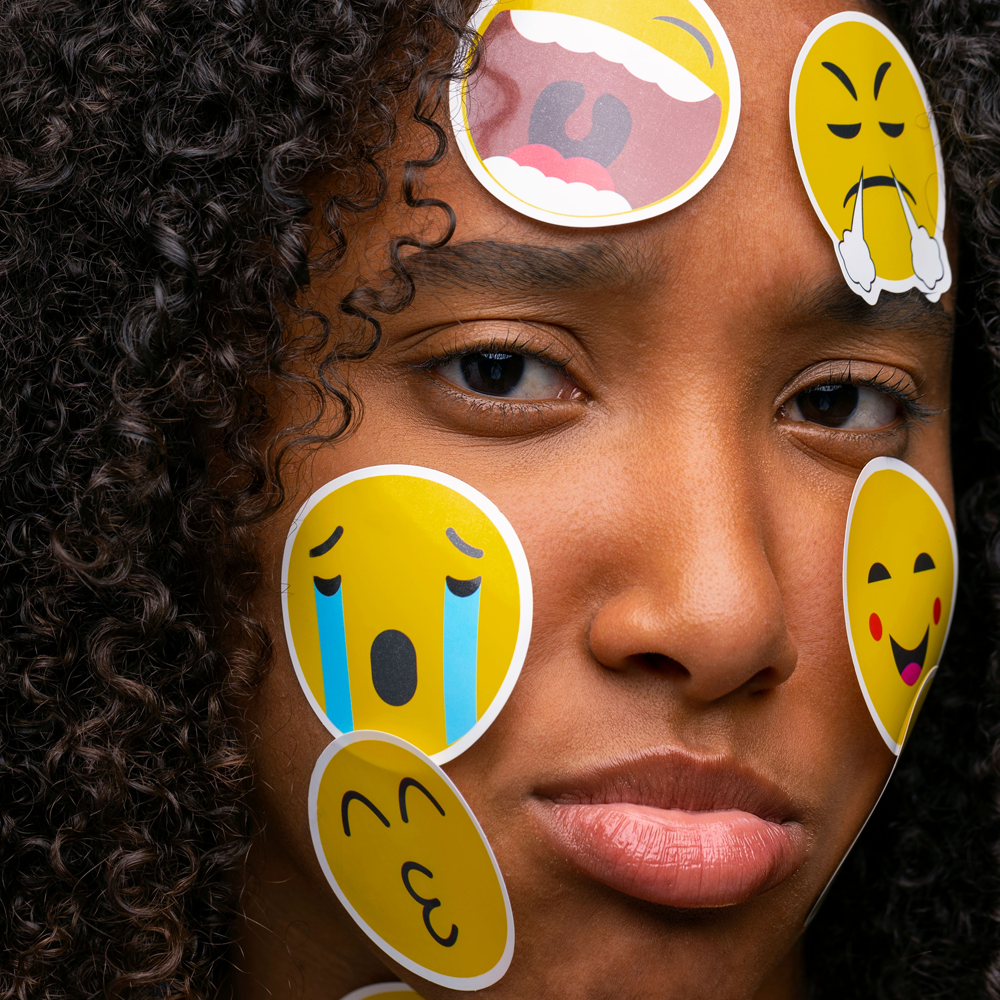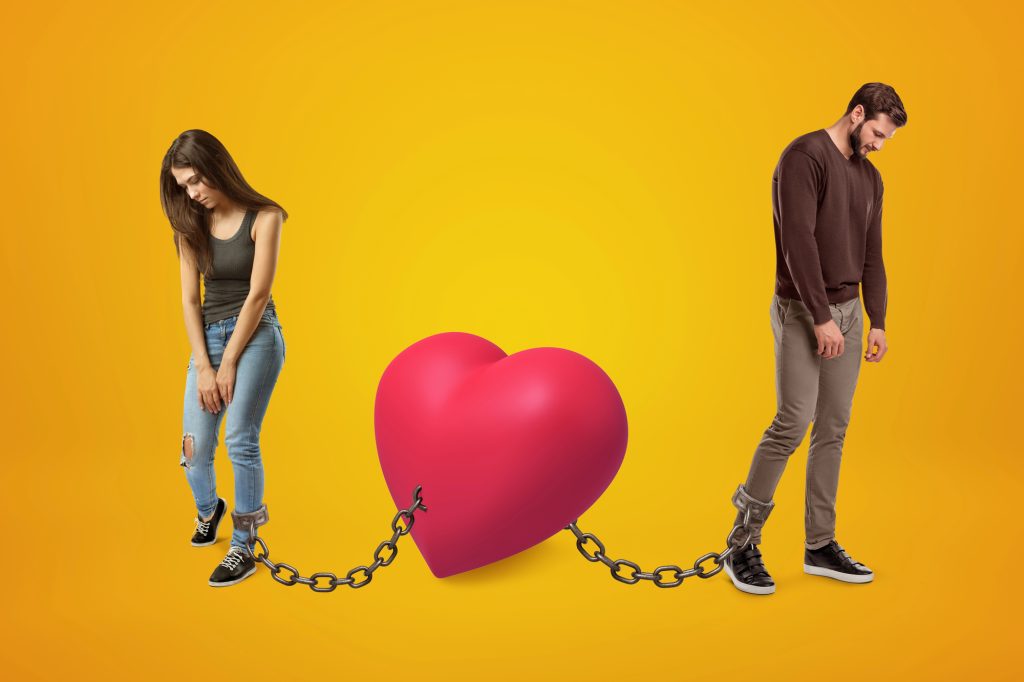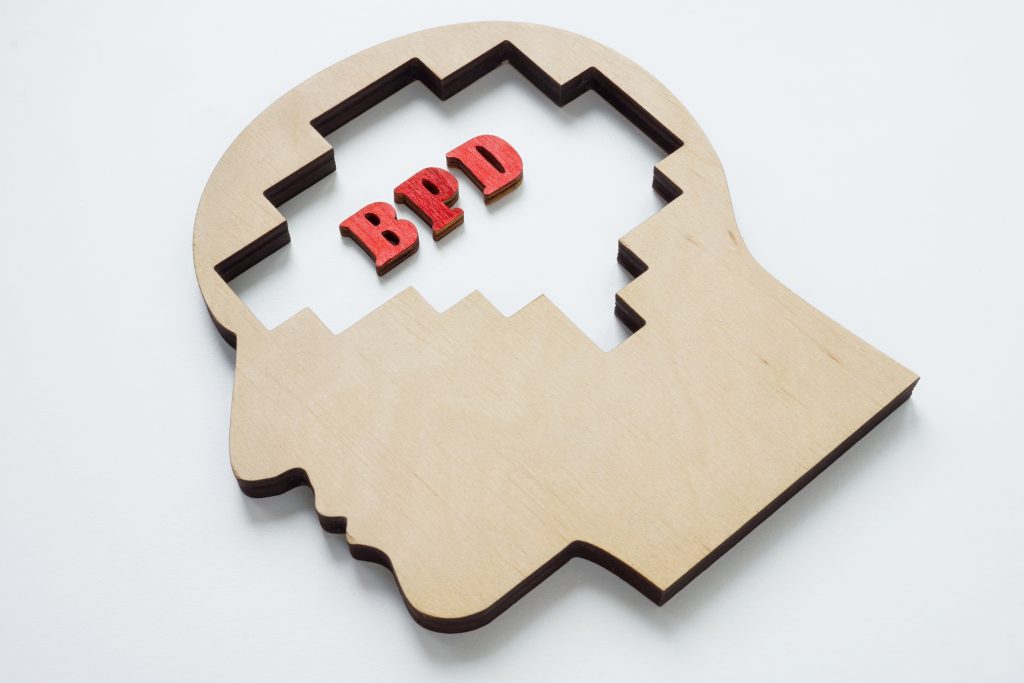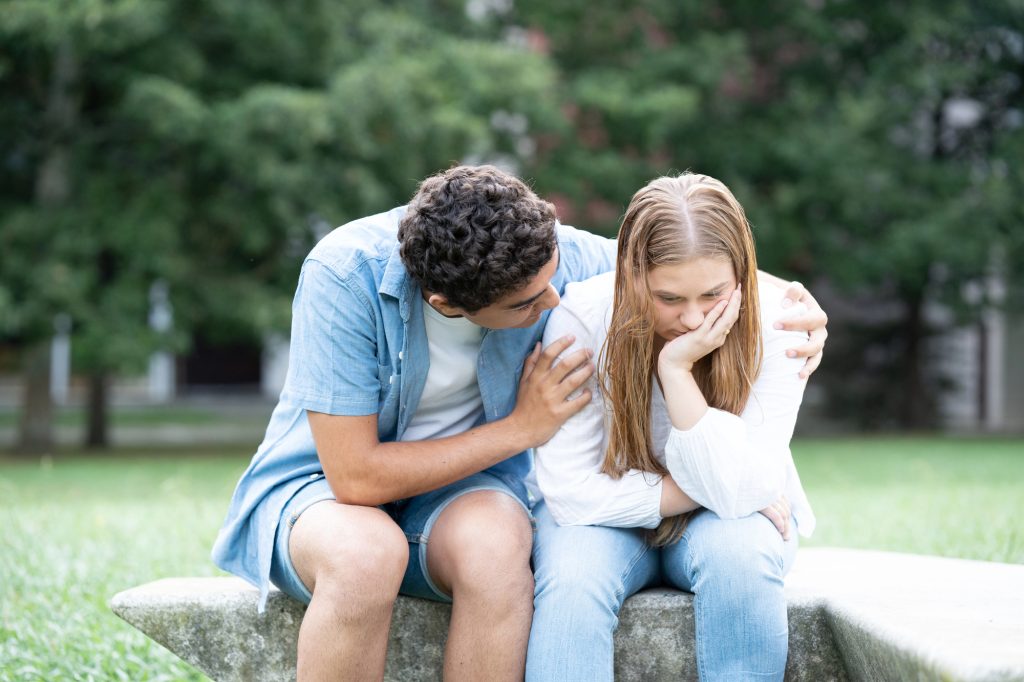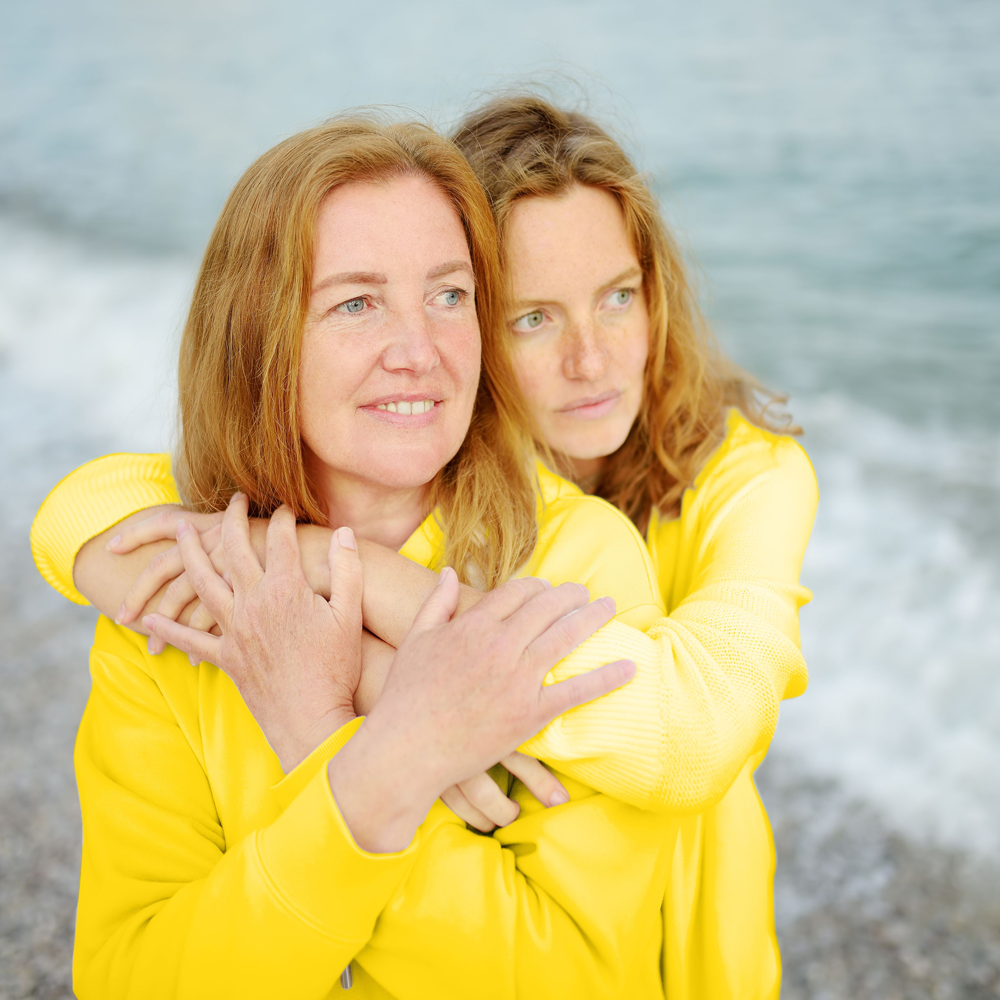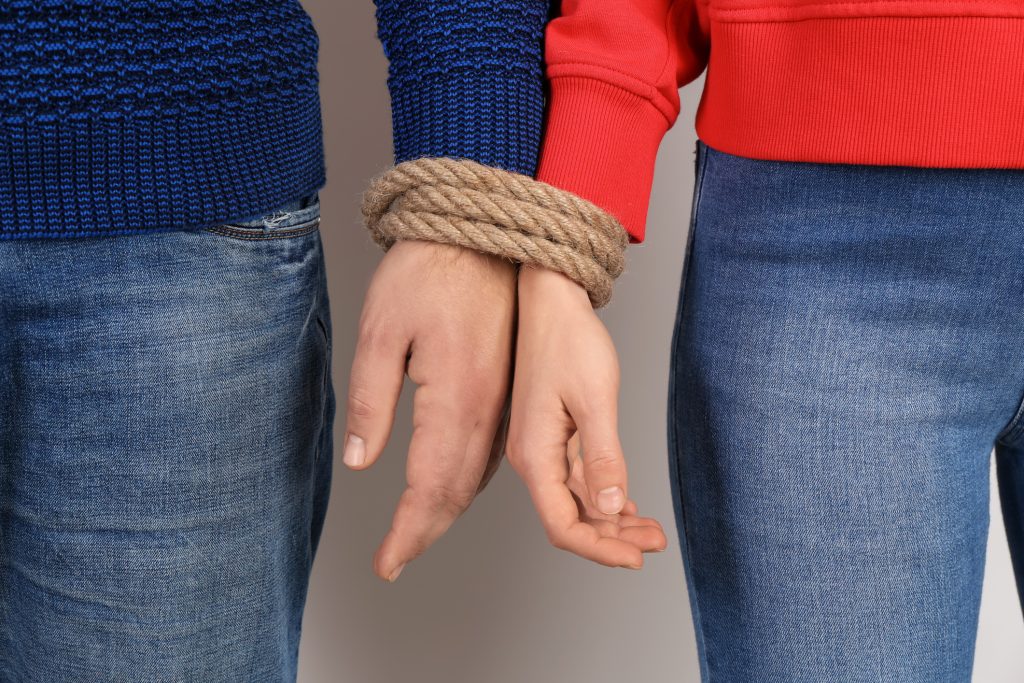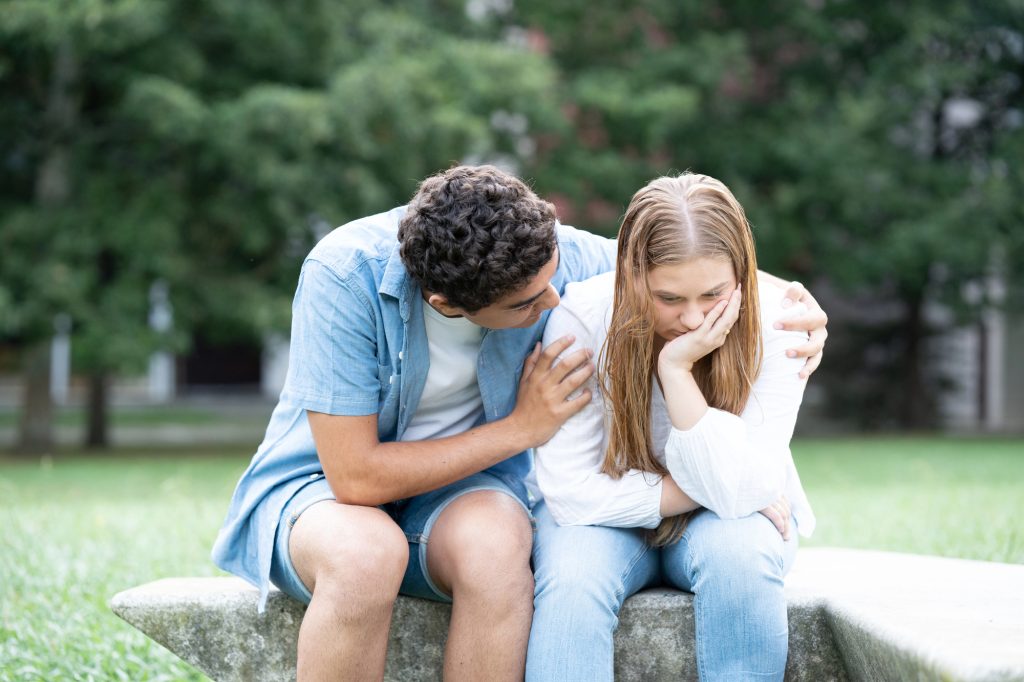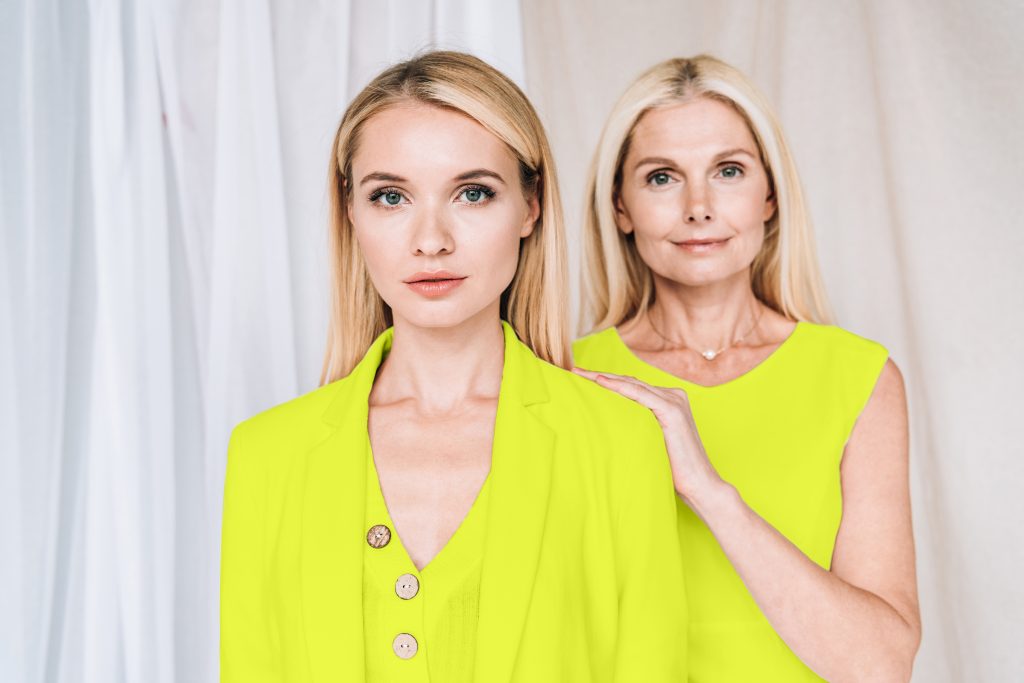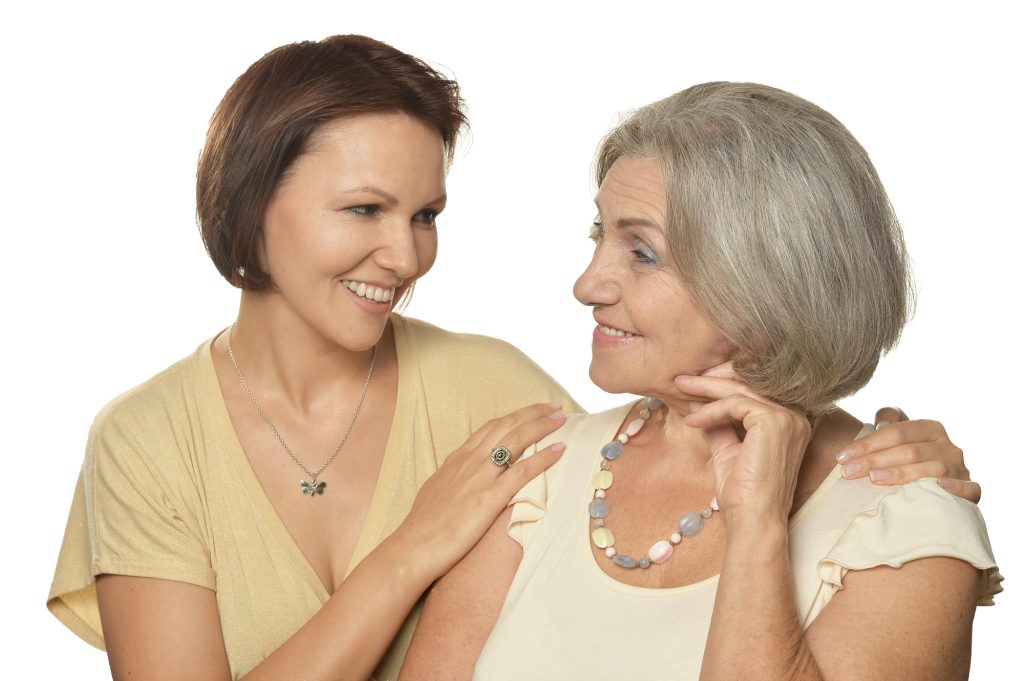
Do You Struggle with Saying No?
By Alina K
For those of us raised in enmeshed families—especially with a parent whohas borderline or narcissistic traits—saying no often feels less like a choiceand more like a threat to survival. As children, we learnedearly on that ourrole was to keep the peace, anticipate every mood, and always say yes.
We weren’t taught boundaries; we were taught compliance. Theconsequences of having our own opinions or needs—anything that mightdisturb the parent’s emotional balance—were often met with guilt,withdrawal, or even rage.
Over time, we internalized the message: If I say no, I will lose love. If I say no, I am not safe.
This early wiring becomes second nature. People-pleasing follows us intoadulthood, showing up in friendships, work dynamics, and romanticrelationships. We become the ones who over-function, who say yes whileour inner voice is screaming no. We ignore our limits to avoid conflict. Westay silent to avoid rejection. And slowly we lose sight of what we actuallywant, need, or feel.
It might look like taking on too much at work, even when you’re alreadyoverwhelmed,orsaying yes to a family gathering that drains you—just toavoid someone’s disappointment. These small betrayals add up. And overtime, they start to erode your sense of self.
Eventually, the emotional weight of this pattern becomes impossible tocarry. We find ourselves exhausted, resentful, and unsure of how weended up in a life that doesn’t feel like our own. That turning point—wherethe costof pleasing others outweighs the safety it once promised—is oftenwhere true healing begins.
Saying no as an adult can feel terrifying at first. Even small refusals cantrigger waves of guilt or shame. But this is where the work starts. Ironically,it begins with learning the exact opposite of our early conditioning. Asadults, it’s not compliance that protects us—it’s boundaries. We finallyrealize that love given only when we comply isn’t love at all.
Therapy, support groups, and books can all helptobegin thereprogramming. Start small. Practice with safe people. And,above all, offeryourself compassion. You’re not being selfish. You’re unlearning survivalstrategies that no longer serve you.
Helpful Resources:
- The Disease to Pleaseby Harriet Braiker
- Set Boundaries, Find Peaceby Nedra Glover Tawwab
- Adult Children of Emotionally Immature Parentsby Lindsay C. Gibson


